There’re many juices for pregnancy that you can make. However, it’s important to keep in mind that they’re only one possible part of the diet.
Below, you’ll find some easy-to-make recipes. Also, later we’ll tell you what you need to know about the ingredients and some key tips.
Where do we start?
Juices for pregnancy: Recipes / Preparations
First, it’s worth mentioning a few points:
- Juices don’t replace meals.
- Before starting each recipe, wash hands, cooking utensils and electrical appliances to use. Also, it’s important to wash the fruits and vegetables. Thus, you’ll be removing microbes and avoiding possible diseases (such as toxoplasmosis, which can be transmitted to the fetus and have serious consequences).
- If you want more liquid results, add a little water.
- In each recipe, blend everything as much as possible and don’t filter it. By doing so, you’ll be taking advantage of most of the available fiber.
- Juices should be drunk as soon as they’re prepared.
- If you include them in your diet, you can drink a different one every morning and see how you feel. By doing this you’ll be incorporating the nutrients from various foods throughout the days.
Finally, to make each juice, simply prepare the ingredients and blend until smooth.
Now, let’s start with the recipes!
Juices for pregnancy: Tips and ingredient information
Here’s what science says about pregnancy diets and how it relates with the ingredients we’ve chosen for the recipes above.
What do the experts say?
According to a 2019 study, some of the most important nutrients for pregnancy are:
- Proteins.
- Fiber.
- Carbohydrates.
- Essential fatty acids (omega-3 and 6).
- Folate.
- Vitamin A.
- B complex vitamins: B1 (thiamine), B2 (riboflavin), B3 (niacin), B6 (pyridoxine) and B12 (cyanocobalamin).
- Vitamins C and E.
- Vitamin D.
- Calcium.
- Iodine.
- Iron.
- Zinc.
Note: Many of these compounds have antioxidant effects. That is, they can help against oxidative stress that’s generated during the normal development of pregnancy. According to a study, if oxidative stress is too high, it may cause problems.
In addition, it’s worth pointing out that fruits and vegetables have a wide variety of antioxidants. Therefore, they may be useful for the diet during pregnancy.
In any case, eating a healthy, balanced and varied diet is key for pregnancy. This means consuming the right nutrients in the right measure. Therefore, it’s recommended to follow a custom diet designed by a nutritionist or qualified expert.
But, what nutrients do the ingredients of juices for pregnancy have?
Here’s a table with the quantities of several substances that we’ve named above and are found in the ingredients we’ve chosen for the recipes, according to data from the United States Department of Agriculture.
Note: Ingredients also have other vitamins (such as A, B, C and E) and minerals. In addition, chia seeds are a great source of omega-3 and 6.
Swipe to see more columns.
| INGREDIENT | PORTION | FIBER (g) | CARBOHYDRATES (g) | FOLATE (mcg) | CALCIUM (mg) | IRON (mg) |
| Orange | Unit – 154 g | 3.70 | 18.10 | 46.20 | 61.60 | 0.15 |
| Blueberry | Cup – 150 g | 3.60 | 21.70 | 9.00 | 9.00 | 0.42 |
| Banana | Unit – 126 g | 3.28 | 28.80 | 25.20 | 6.30 | 0.33 |
| Apple | Unit – 200 g | 4.80 | 27.60 | 6.00 | 12.00 | 0.24 |
| Raspberry | Cup – 150 g | 9.75 | 17.90 | 31.50 | 37.50 | 1.04 |
| Spinach | Cup – 25 g | 0.55 | 0.91 | 48.50 | 24.80 | 0.68 |
| Strawberries | Cup – 150 g | 3.00 | 11.50 | 36.00 | 24.00 | 0.62 |
| Chía | Tablespoon – 9 g | 2.46 | 2.60 | 7.83 | 23.00 | 0.52 |
| Skim milk | Cup – 244 g | 0.00 | 11.90 | 4.88 | 322.00 | 0.00 |
| Carrot | Unit – 60 g | 1.68 | 5.75 | 11.40 | 19.80 | 0.18 |
| Cucumber | Unit – 200 g | 1.00 | 7.26 | 14.00 | 32.00 | 0.56 |
| Lemon juice | Unit – 48 g | 0.14 | 3.31 | 9.60 | 2.88 | 0.04 |
| Broccoli | Cup – 90 g | 2.34 | 5.98 | 56.70 | 42.30 | 0.66 |
| Pineapple | Cup – 165 g | 2.31 | 21.60 | 29.70 | 21.40 | 0.48 |
| Mango | Cup – 165 g | 2.64 | 24.70 | 71.00 | 18.20 | 0.26 |
| Grapes | Cup – 150 g | 1.35 | 27.20 | 3.00 | 15.00 | 0.54 |
| Chard | Leaf – 48 g | 0.77 | 1.80 | 6.72 | 24.50 | 0.86 |
| Coconut water | Cup – 240 g | 0.00 | 10.20 | 0.00 | 16.80 | 0.07 |
| Kiwi | Unit – 75 g | 2.25 | 10.50 | 19.50 | 26.20 | 0.18 |
| Blackberries | Cup – 150 g | 7.95 | 14.40 | 37.50 | 43.50 | 0.93 |
| Kale | Cup – 25 g | 1.02 | 1.10 | 15.50 | 63.50 | 0.40 |
| Celery | Strip – 4 g | 0.06 | 0.12 | 1.44 | 1.60 | 0.01 |
More key tips
Finally, here’re some general recommendations to keep in mind, according to Mayo Clinic experts.
- Follow a healthy diet.
- Stop smoking.
- Limit caffeine and alcohol consumption.
- Do physical activity with prior authorization from your doctor.
In addition, it’s important to have medical tests regularly and from the beginning of pregnancy.
Juices for pregnancy: final comments
If you experience symptoms of discomfort or allergy after consuming any of the drinks or foods in this article, you should stop doing so and visit a doctor.
Our opinions don’t replace those of a qualified healthcare professional.
If you found this useful, you may also like our information on juices for kids.
Finally, you can subscribe here to receive updates.



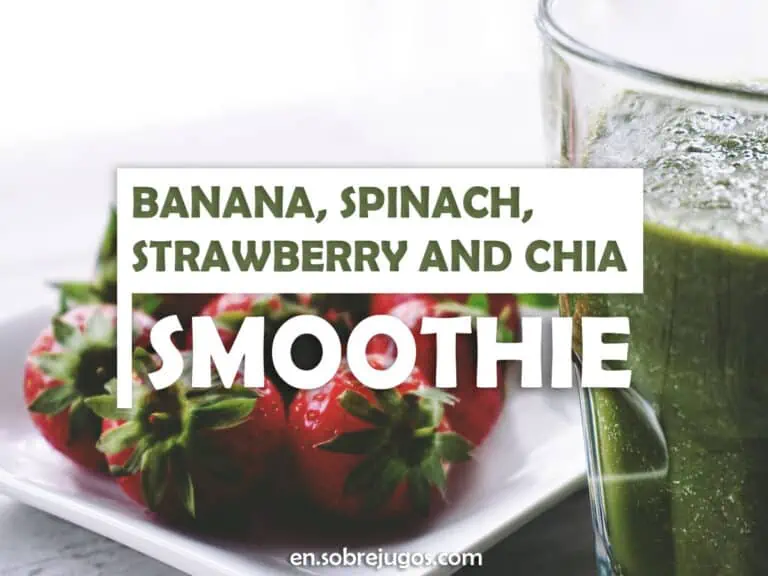
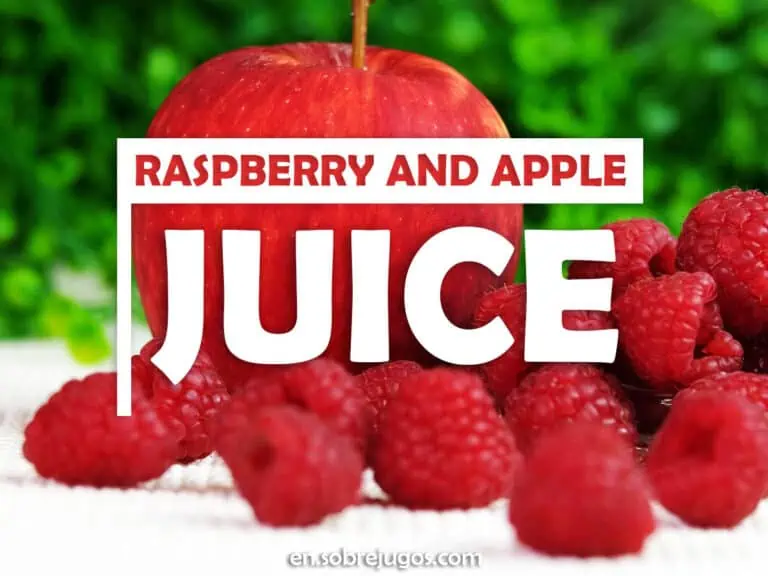
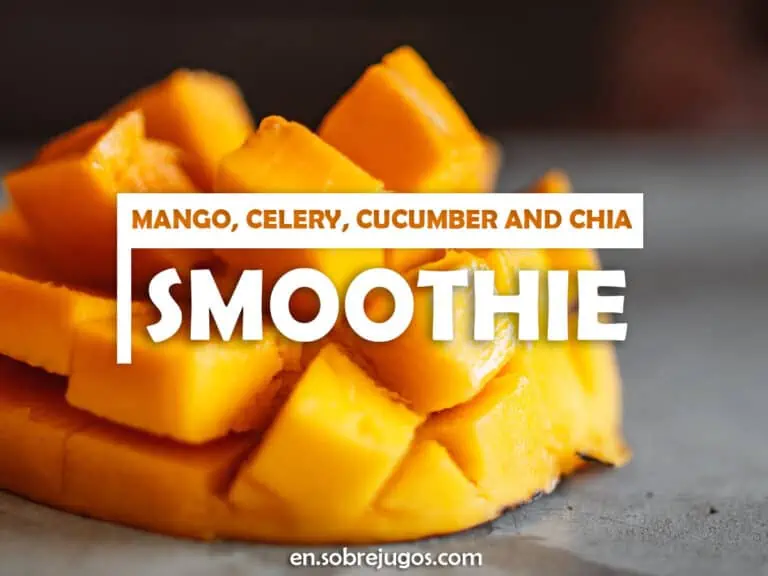
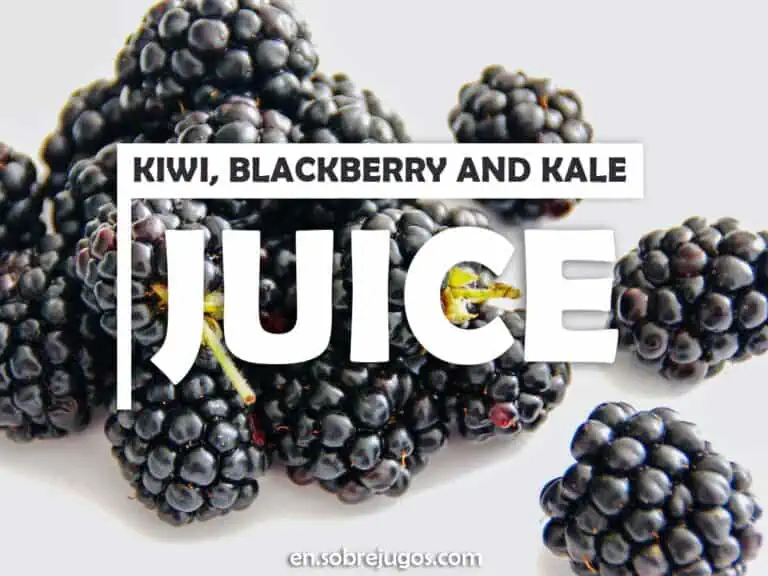
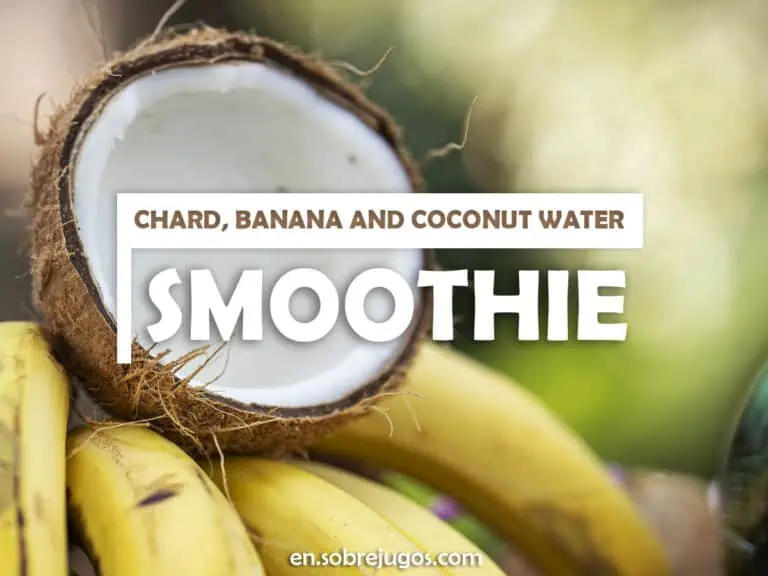
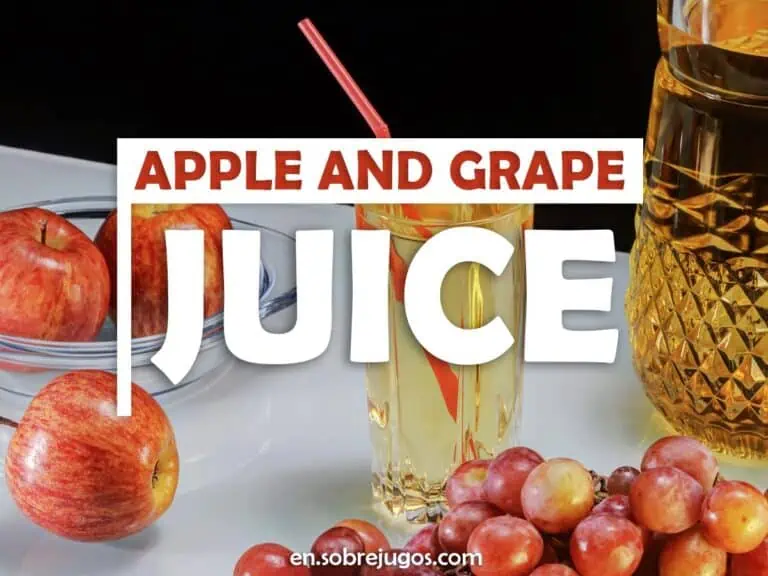
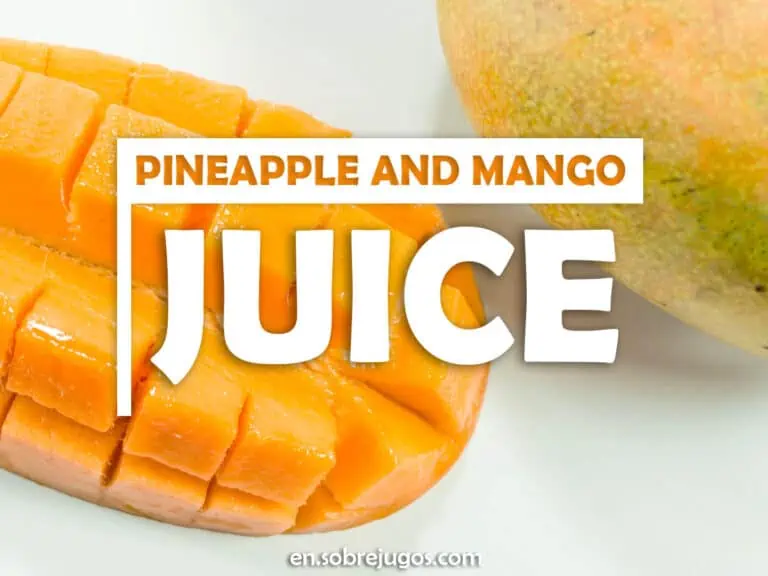
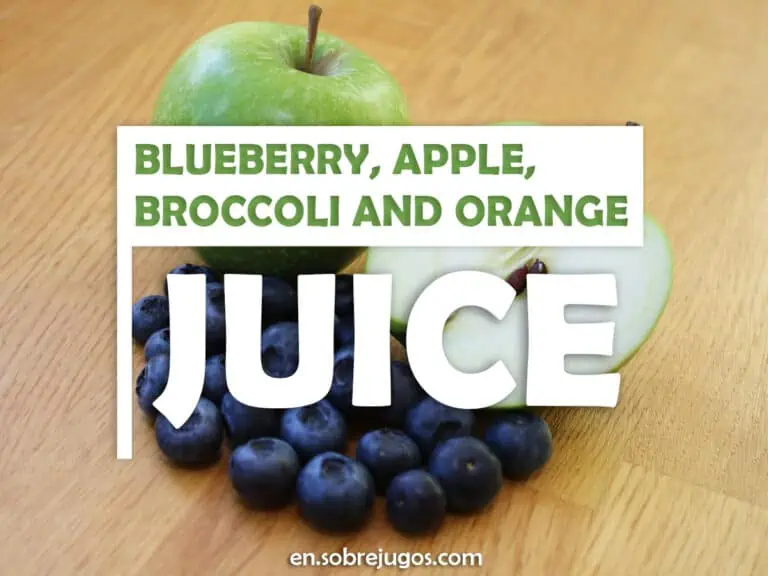
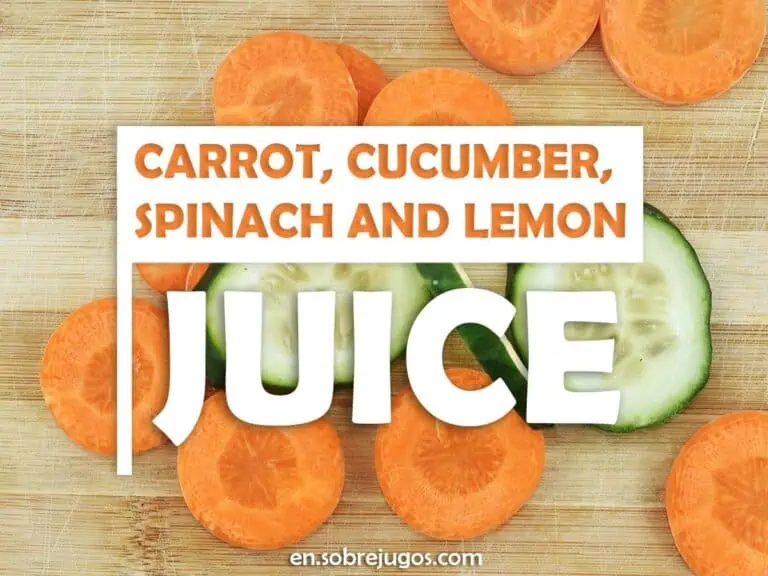
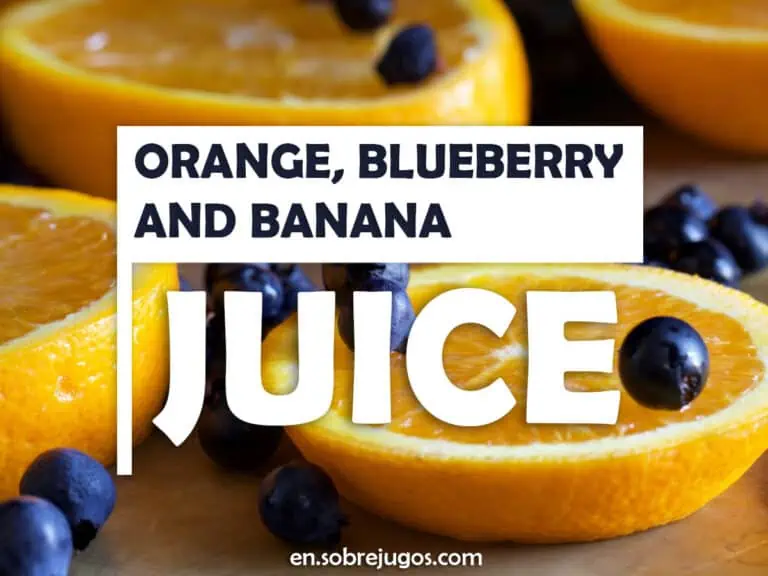
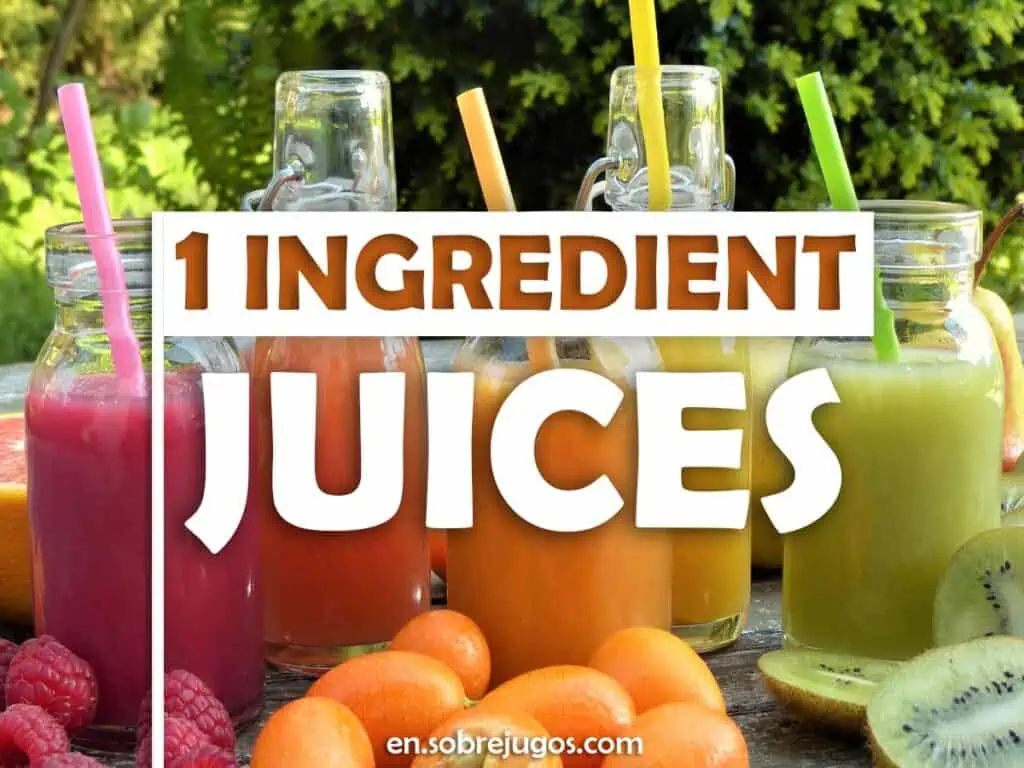
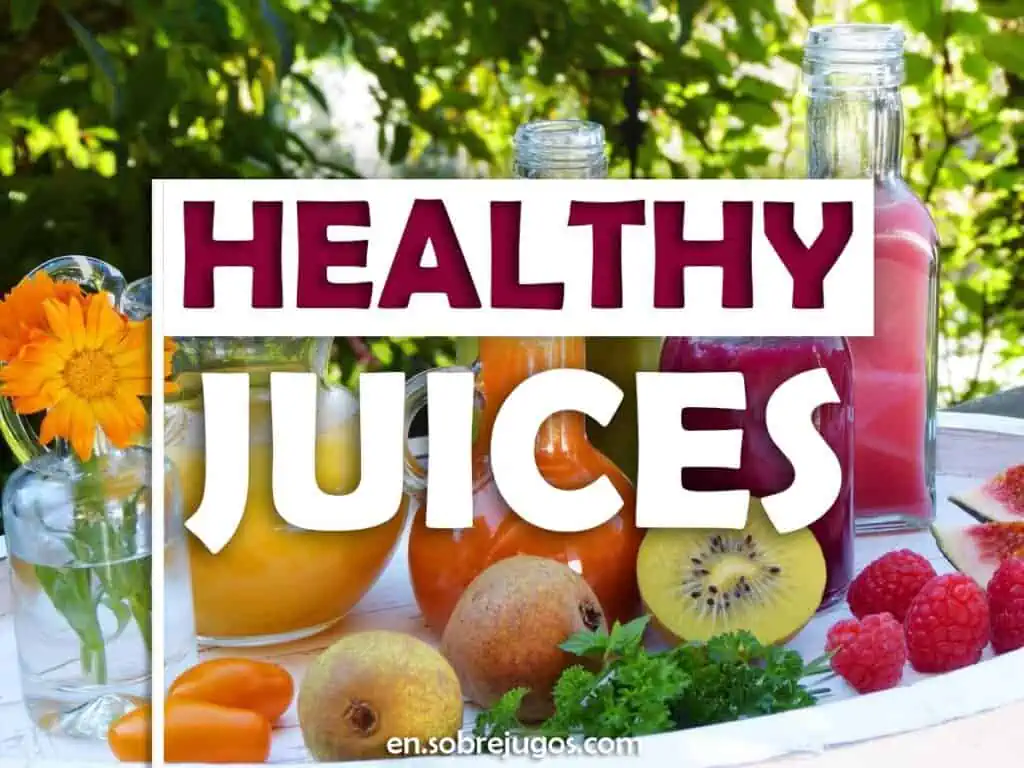
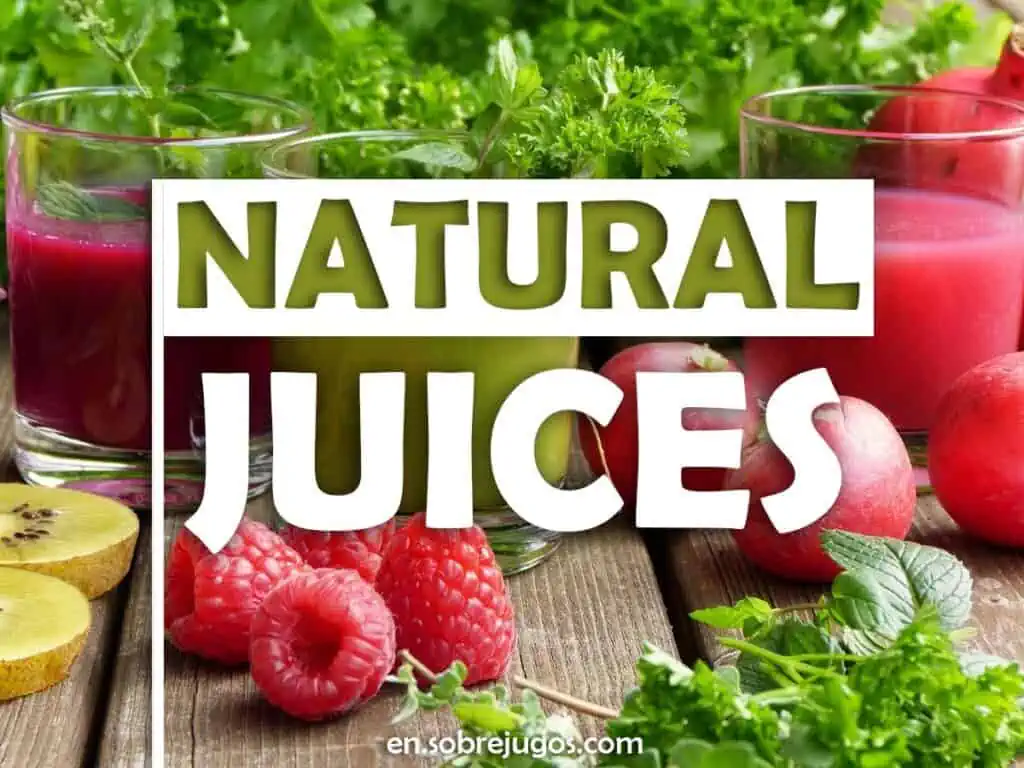
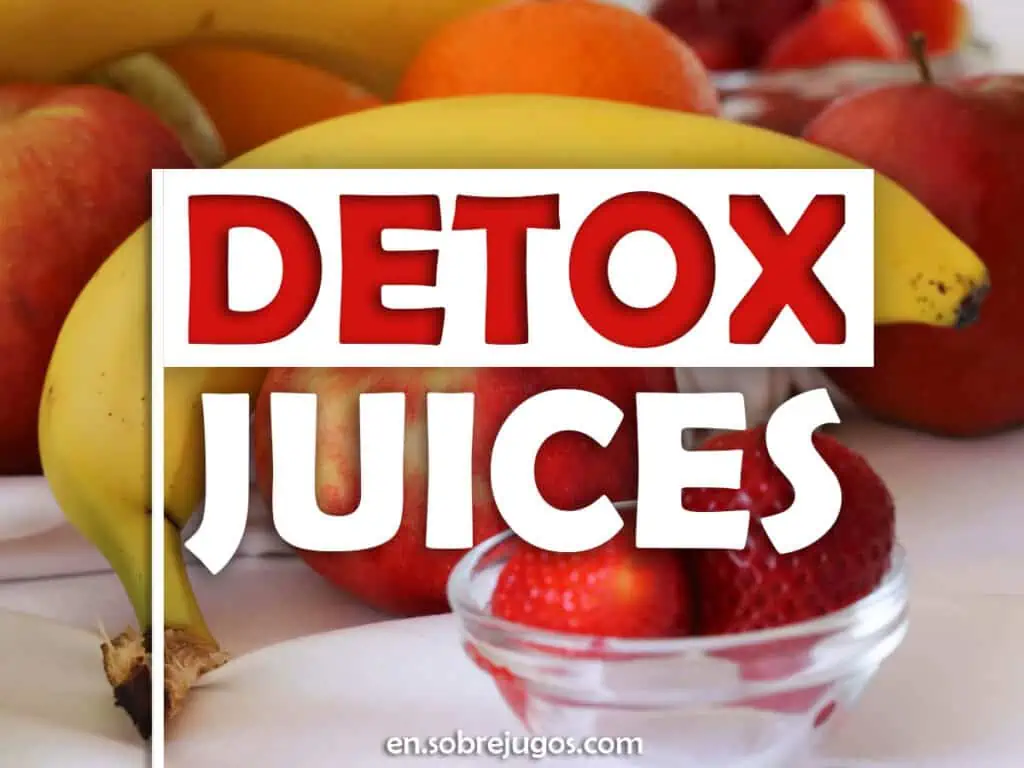
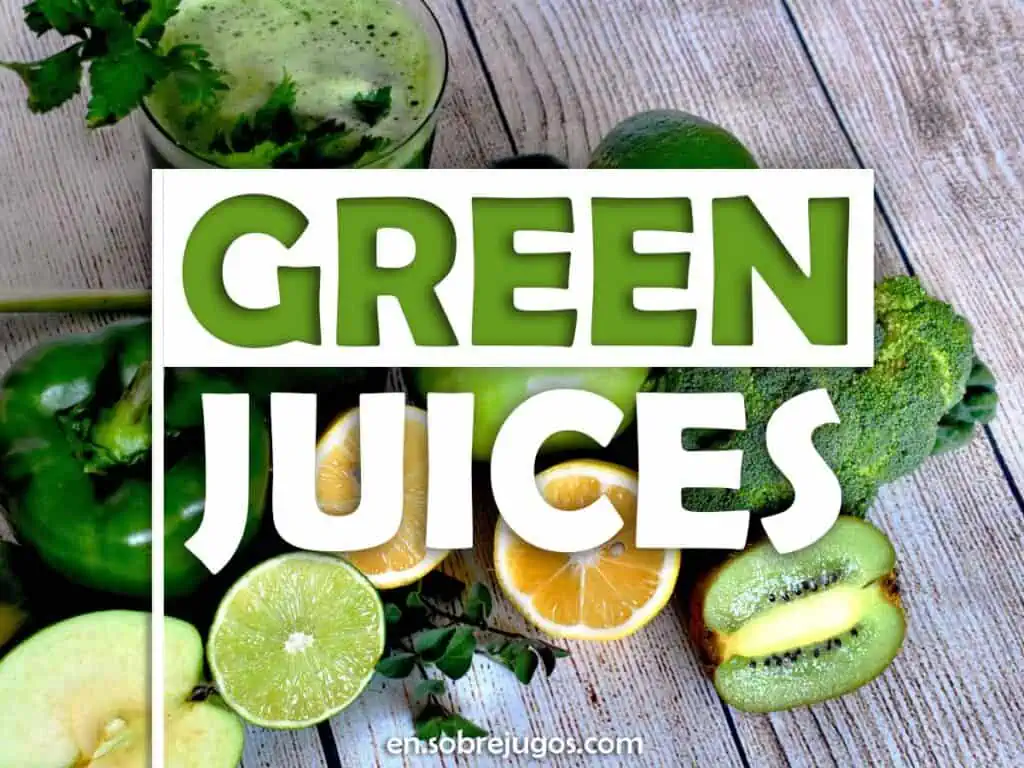

Want to know when we upload new content?
Enter your email address here to get notified.